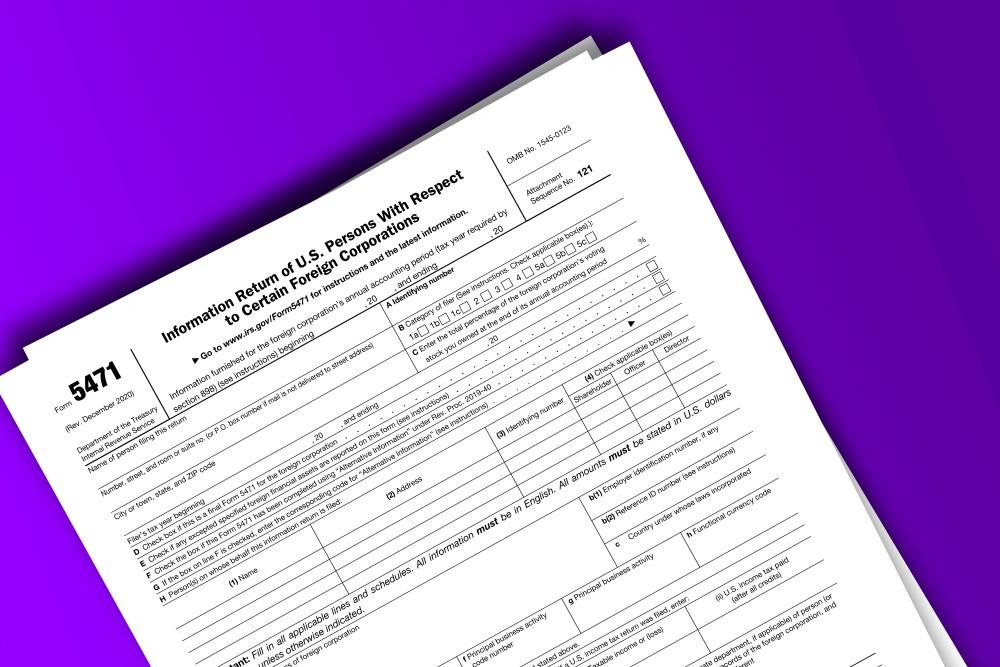When should a CPA call in a tax lawyer? Read the Defense.

Now that tax season is over and many CPAs are "relaxing" by getting back to their regular 10-12 hour days (or hopefully taking some well-deserved vacation), I thought it was a great time to share an article published in the Journal of Accountancy entitled "10 situations when a CPA should call "timeout"" that essentially lays out a list of instances when CPAs might be in situation where calling in legal counsel is in their (and more importantly their client's) best interest. It's a well-written but somewhat long article, and it was published on April 13th, so I feel pretty confident that most CPAs didn't even notice it then because they were pretty busy to put it lightly. Here's a link to the article:http://www.journalofaccountancy.com/issues/2015/apr/when-tax-accountants-should-call-legal-counsel.html
For those who click on it and decide its length is still an issue even now, I thought I'd provide a shorter summary of its main takeaways somewhat mixed with my own thoughts on the issue. As a tax controversy lawyer, I work very closely with CPAs on a large number of cases, and they are absolutely essential in handling most of the types of matters listed here and within the article. But the key is - just like running the option offense in football - knowing when to pitch the ball vs. keep it. How is that decision made? By reading the defense. In most tax matters, it is the client's specific situation (rather than the IRS or Department of Justice) that is your "pitch key" defender, and CPA is the quarterback equivalent. The CPA has the ball on each play, and during each play, the decision to keep it or pitch it to the tax lawyer posing as the trailing running back is absolutely essential to making sure the result is a positive one. Knowing when to make that call is critical to a successful outcome, and it all starts by recognizing the situations where the client's case warrants letting someone else take the ball.
Here's my quick(er) list:
1. Potential criminal liability is at stake.As mentioned in the article, any time a situation poses a risk of criminal liability for the client, it is essential that legal counsel be contacted immediately. The tax practitioner privilege codified in I.R.C. § 7525 doesn't extent to matters that are criminal in nature, and any conversations had with the client puts everything discussed at risk of disclosure to the government. As most CPAs know, however, seemingly everything that's a violation subject to civil penalties (failure to file a tax return, failure to pay tax due, failure to collect and pay over employment taxes for business owners, etc.) has a criminal statute related to the same type of conduct. Just take a quick look at I.R.C. §§ 7201-7207 for starters. It's difficult to be certain, for example, when what looks like simply failing to file a tax return can potentially turn into a criminal violation of I.R.C. § 7203 or I.R.C. § 7201 (tax evasion) without asking questions that the article (and I) clearly say the CPA should avoid due to what the answers might reveal. Thus, it's important to recognize immediately that when a client comes in with an issue like that, care should be taken in gathering information from that client. Realistically, the CPA isn't going to tell the client to shutup immediately upon hearing "I have some tax returns that haven't been filed," but it's important to understand that any information gleaned from the client after that point has the potential to later be disclosed to the government in a criminal proceeding. If in doubt...AT ALL...contact a tax lawyer.
2. Offshore Accounts/Assets that haven't been disclosed.For clients with undisclosed foreign accounts, it's important to remember that even in going through the voluntary disclosure process that is becoming more and more well-known, the client isn't dealing with the regular IRS. They are handing their information over to the IRS' Criminal Investigation Division ("CI"). The failure to disclose these accounts on taxpayers' returns and the failure to file the required "FBARs" (now FinCEN Form 114) are criminal violations, and even entry into these programs does not guarantee that criminal prosecution won't be pursued. If a client comes in and mentions "FBAR" in the context of not filing them as required or anything related to it, contact a tax lawyer immediately.
3.Client has been issued a Summons notice.A summons is often issued to taxpayers when previous attempts by the IRS to contact them about an issue have gone unanswered. Often, these are simple "collection enforcement" summonses, whereby the IRS is just trying to get information related to a taxpayer's assets and income so that they can determine how the taxpayer can pay the tax owed. However, the very fact that the taxpayer may have failed to comply up to this point can be a sign that there may be other, bigger issues in play than simply coming to an agreement with regard to how to pay the tax owed. In fact, the taxpayer's conduct in relation to cooperation with the IRS in examinations can be one of the dreaded "badges of fraud" that IRS employees are trained to look for in deciding if a case should be referred to the Criminal Investigation Division. If this issue arises, contact a tax lawyer immediately.
4.The Treasury Regulations go beyond what the Code provision seems to say.As the article indicates, a big part of handling tax cases from a controversy/litigation perspective requires an understanding of administrative law, and CPAs have enough to worry about in terms of keeping up with new developments and guidance that dictate how their clients' bottom lines are impacted. Understanding the interplay between statutes that Congress enacts (the actual "law") and what the IRS thinks those laws mean can be critical to the client's situation. They go beyond the scope of what the law provides more often than you think. Contact a tax lawyer as soon as possible.
5 An aggressive position was or will be taken on the client's tax return.Combining situations No. 9 and No. 10 from the article and incorporating the issues with the tax practitioner vs. attorney-client privilege mentioned previously, these types of situations have so many moving parts - especially where the CPA was involved in advising the client related to the transaction at issue - that a tax lawyer should be consulted as soon as possible (preferably before filing the return). The risks posed by taking a position can be evaluated beforehand, or the best approach for positioning the client when the issue has already been selected for audit can be crafted for the best chance of success. In the right circumstances, the CPA can stay very involved in the process as well. If this comes up...you know what to do.





